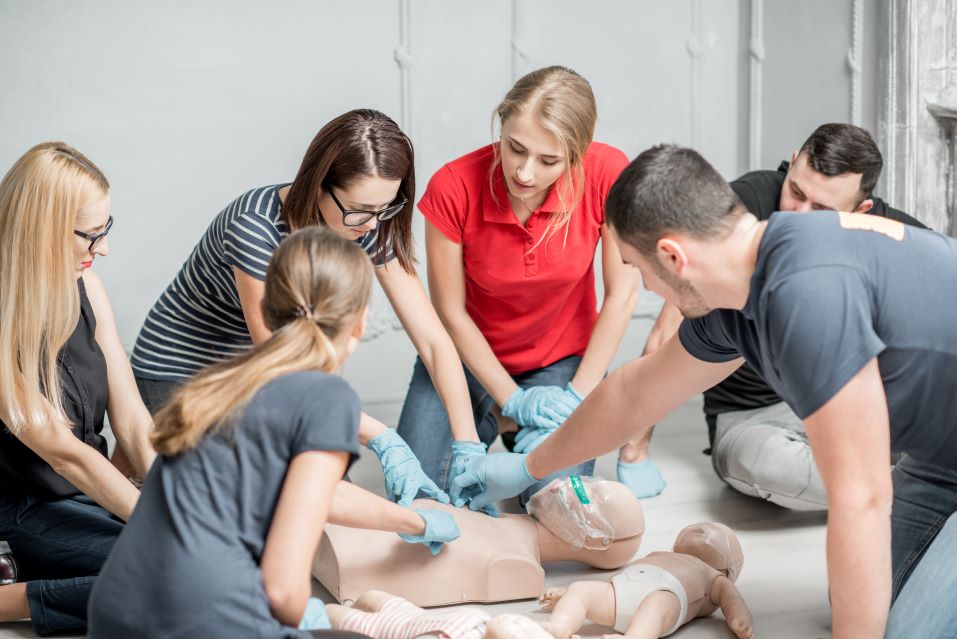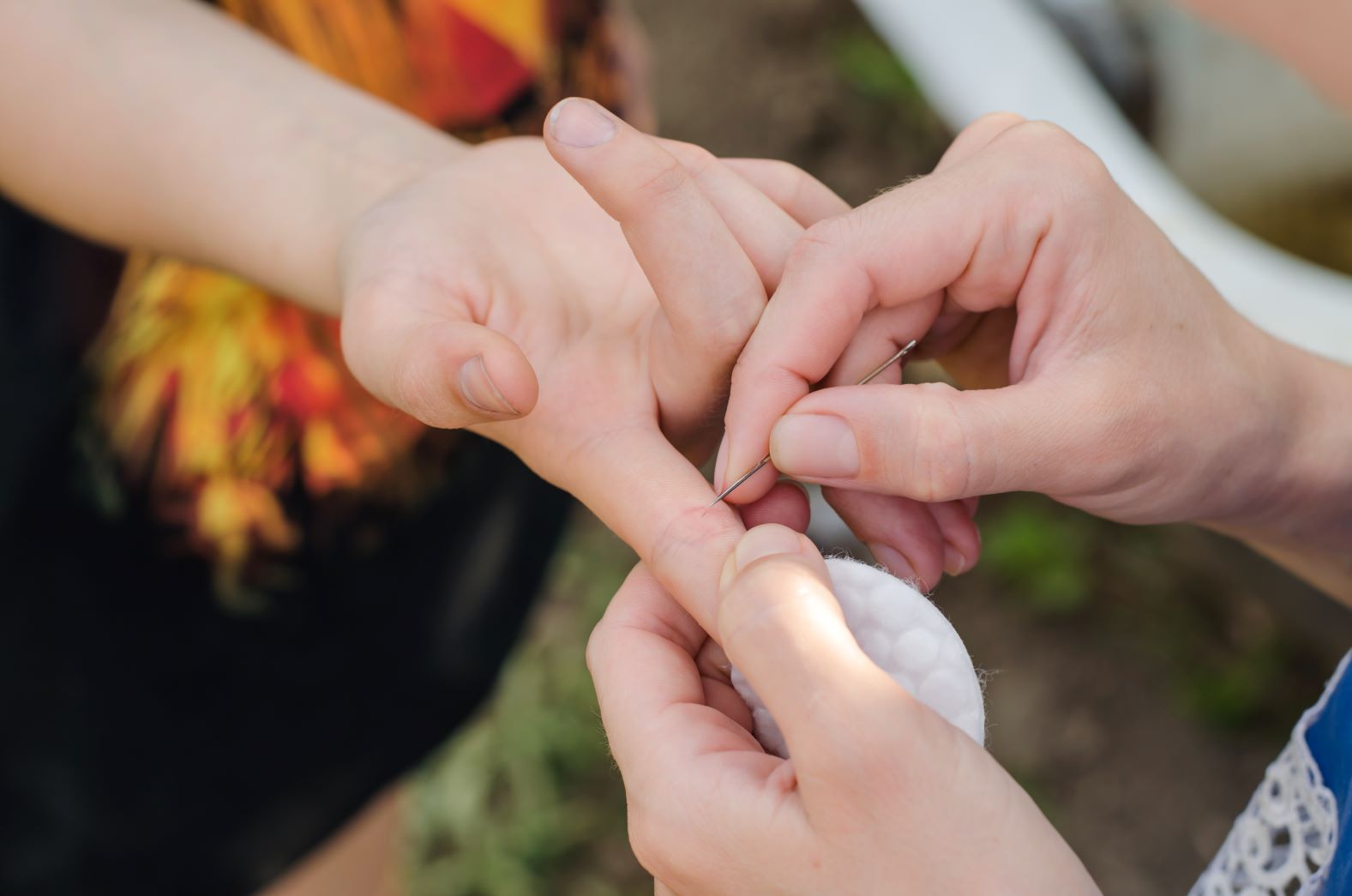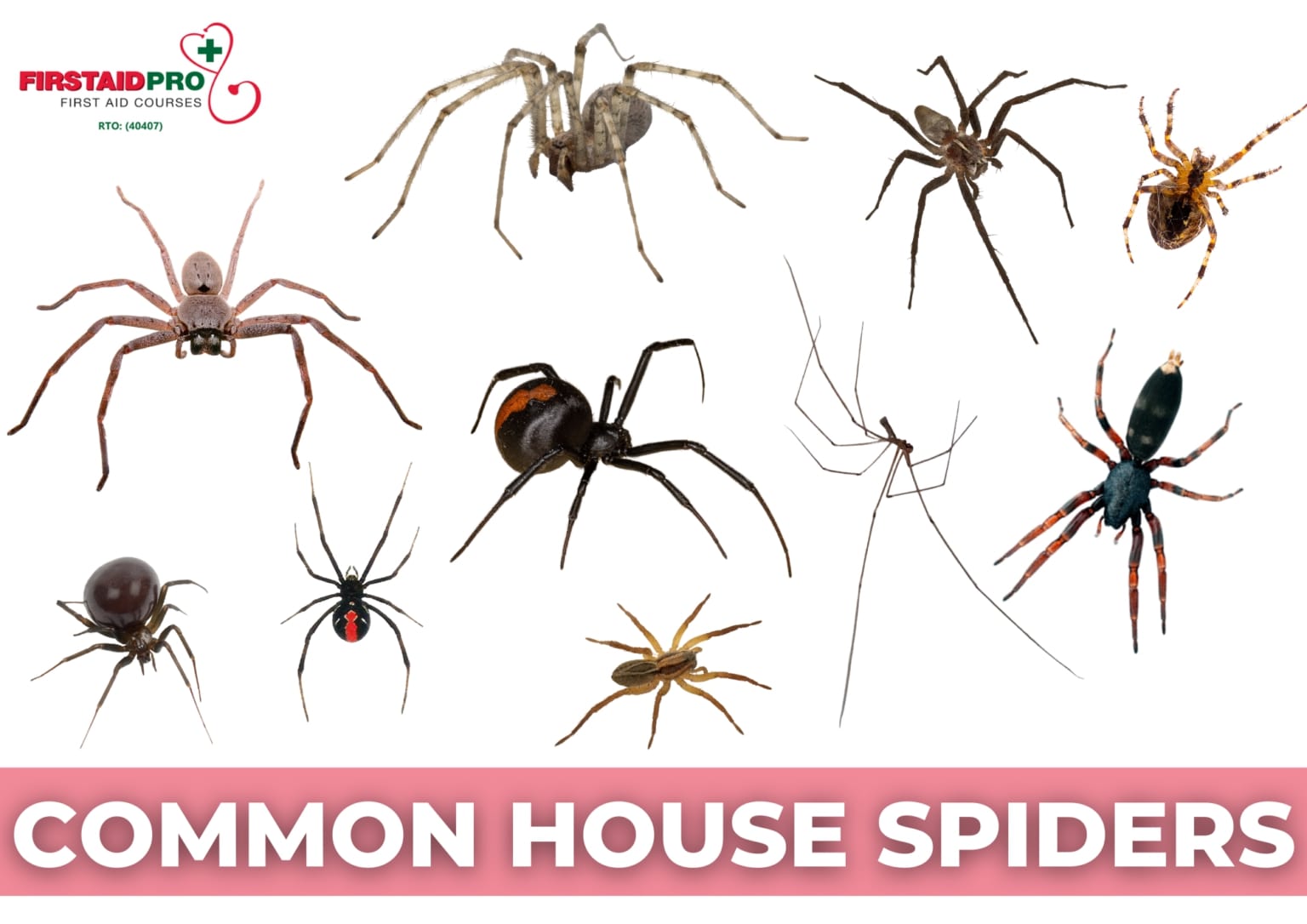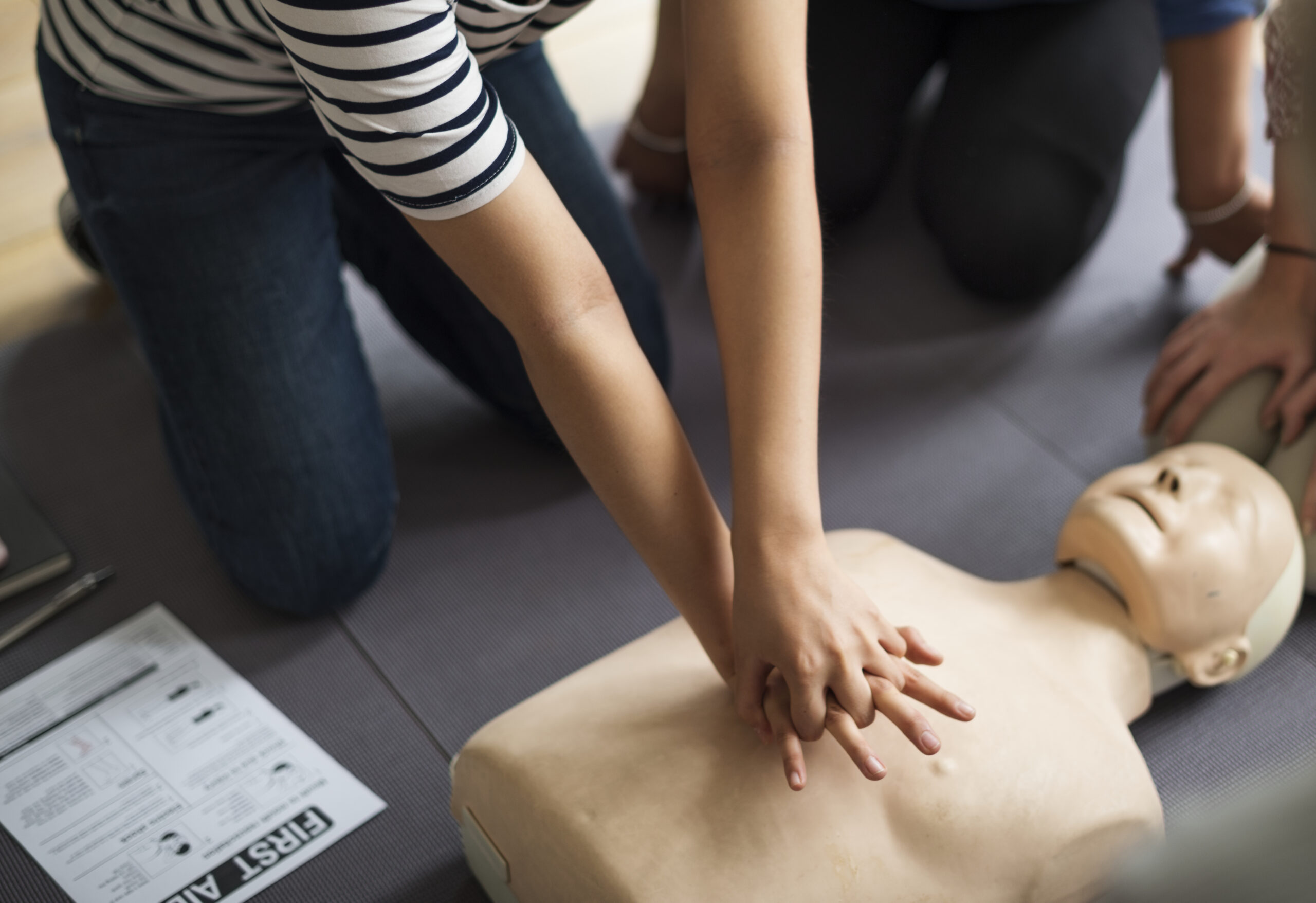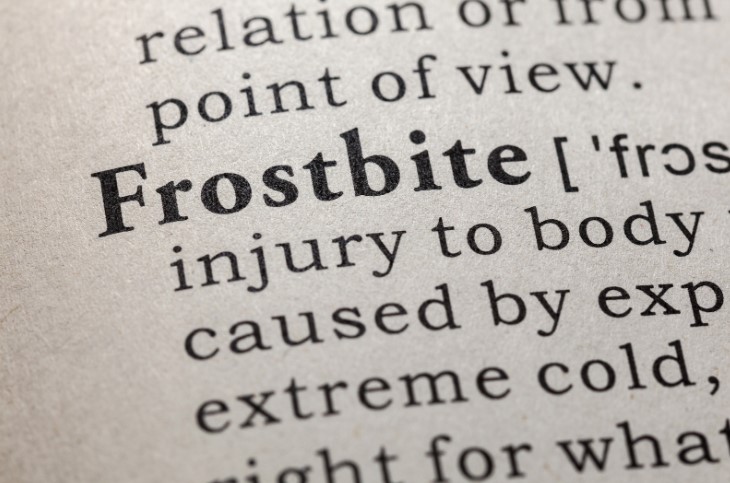The aging process can sometimes lead to depression in older people, reducing the quality of life and increasing the risks of health complications.
Prevalence Of Depression Among Older Adults
Depression in the elderly (also known as geriatric depression) is a mental and emotional disorder that often exhibits feelings of sadness or occasional “blue” moods. However, chronic depression is not a normal part of aging.
In Australia, about 10 to 15% of the elderly population aged 65 and over suffer from geriatric depression. Thus, the National Institute of Mental Health considers this mental illness a major health problem.
Higher rates of depression are often recorded in aged care facilities and hospitals rather than in those who live with their loved ones.
Using the Geriatric Depression Scale (GDS), mental health professionals can screen, diagnose, and evaluate depression in older people.
GDS is an effective tool for a proper diagnosis of moderate to severe depression, which typically requires a referral from a psychologist. In addition to that, the geriatric depression scale is quick to administer and easy to score.
There is no single cause of depression not only amongst the elderly but in any age group. Some studies indicate a connection to genetics – however, other factors, including biological, social, and psychological factors, can contribute to the development of chronic depression.
Geriatric depression can also cause potentially harmful effects on elderly health, including unhealthy eating habits, loss of appetite, and low energy levels. In some cases, it can lead to an eating disorder known as geriatric anorexia.
Depressed elderly also experience a higher risk of insomnia and memory loss. Older people tend to have longer than normal reaction times, which increases the danger of performing everyday tasks such as driving, self-medication, and others that require full attention.
In general, depression in older adults can reduce the quality of life and increase self-harm risks. Read on to learn about the symptoms of depression, and some of the treatment options.
Signs Of Depression
Symptoms of depression can be similar in any age group. It can include:
- Sadness
- Feelings of worthlessness
- Irritability
- Fatigue or restlessness
- Crying spells
- Apathy (lack of emotion)
- Lack of focus
- Social withdrawal
- Sleep problems
- Changes in appetite
- Thoughts of suicide
- Physical aches and pains
It is worth noting that everyone experiences some of these symptoms from time to time, but it does not necessarily indicate that a person is depressed. Equally, not everyone who is experiencing these symptoms has depression.
Treatment For Elderly Depression
Just as depression has no single cause, no specific treatment works for everyone. Finding the right treatment often takes time and patience.
Common treatment for depression involves a combination of therapy, medication, lifestyle changes, and mental health first aid. A combination of these treatments may be used at the same time, depending on the doctor’s recommendation.
Health professionals often come up with the best treatment after assessing the type and severity of symptoms, past treatments, and overall health.
Self-Half Strategies To Improve Senior Mental Health
Here are some helpful tips to improve mental health in older people.
Stay Physically Active
Previous research suggests that physical activity can be a lifesaver for seniors. Gentle exercises are safe to do, such as walking, stair climbing, and other age-appropriate workouts that can help them stay in healthy physical and mental shape.
Eat Healthily
Dealing with geriatric depression is easier if you are familiar with healthy food choices.
Foods high in fibre are recommended, such as fruits and vegetables, whole grains, and lean protein. Try to minimize or eliminate sugar, starch, and unhealthy fats in the food plan.
Promote A Sense Of Purpose
Losing a sense of purpose in life can make depression much worse.
To keep loneliness and other symptoms at bay, encourage the elderly to take up hobbies they truly enjoy. Encourage them to participate in social pastime activities such as age-appropriate yoga, playing cards, etc.
Let Them Know That They Are Loved.
It is sometime said that love makes the world go round – it can certainly help keep senior depression under control. Show them that they are loved by listening, hugging, and through words of affirmation.
Seek Professional Help
Sudden and significant decrease in appetite and behavioural changes can be a symptom of depression getting worse. Seek help from a mental health professional if you suspect that the condition is getting out of hand.
(Mental health tip: A person’s ability and desire to use self-help strategies often depend on the severity of their condition. Therefore, if you are providing encouragement to try out these strategies, it is important not to be to forceful.)
Mental Health First Aid
While the aging process is an inevitable part of life, depression and other mental health conditions need not be.
Early recognition of symptoms, diagnosis, and treatment can prevent geriatric depression from getting worse.
Know how to help someone facing depression, including first aid intervention and other support strategies. Enrol in an MHFA course and help improve the quality of life of those around you. Find a Mental Health First Aid course near you.


